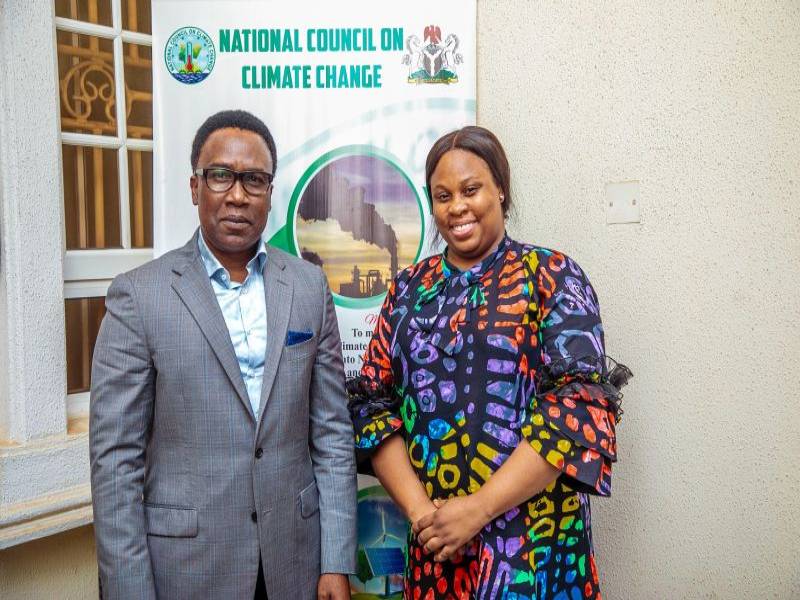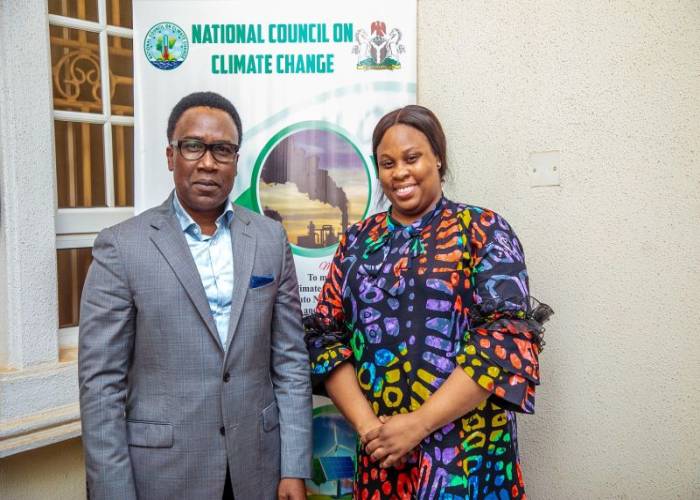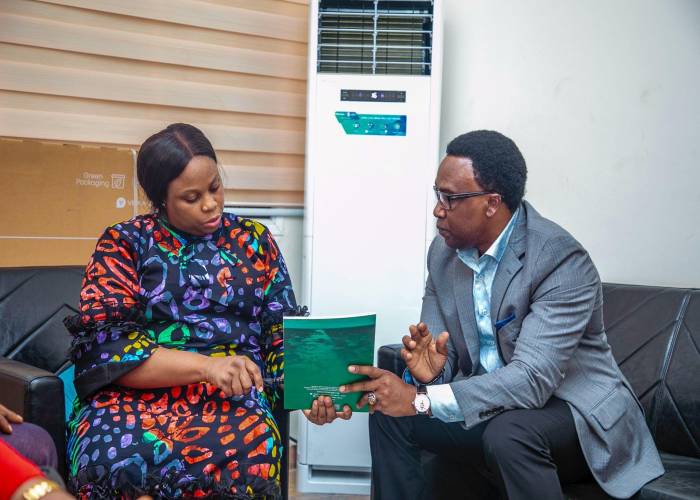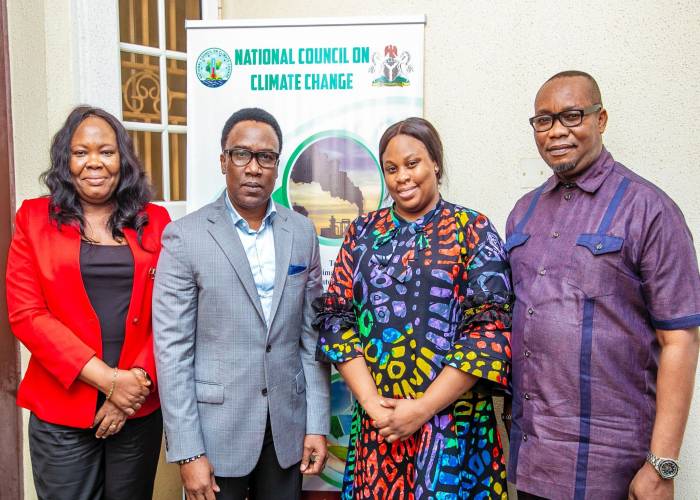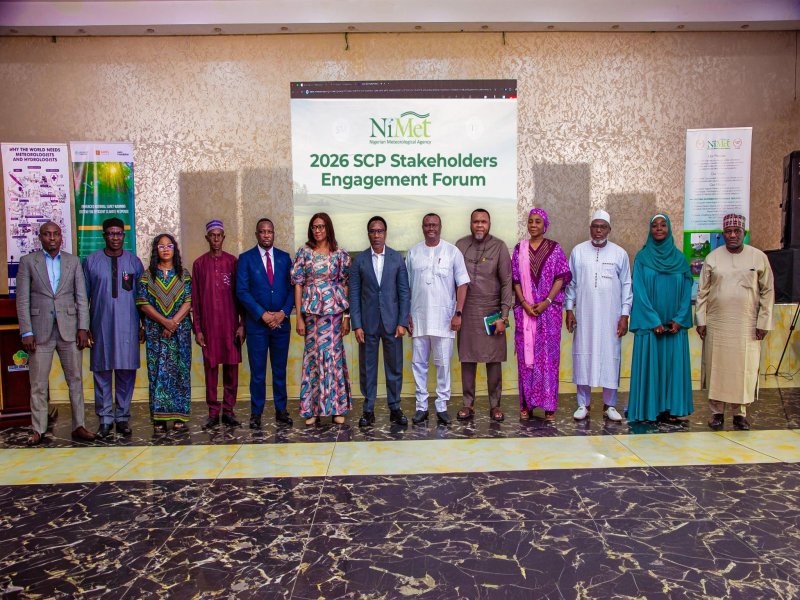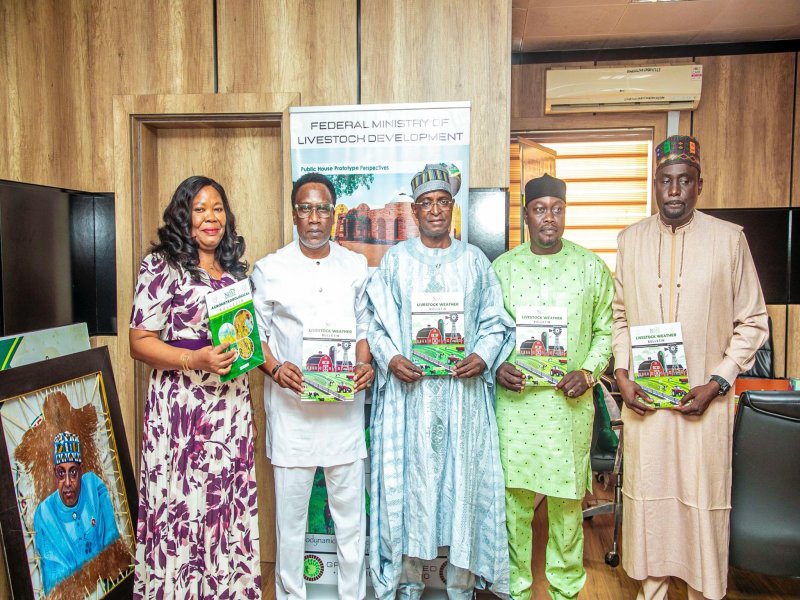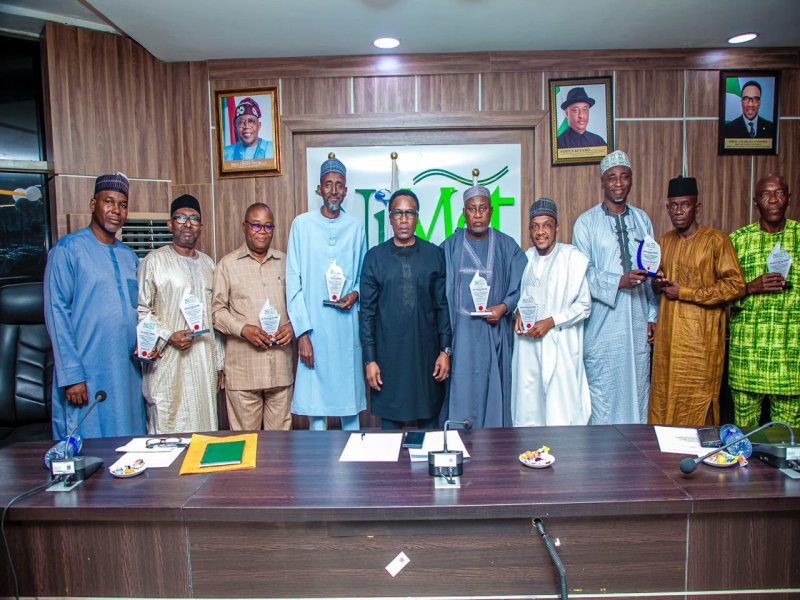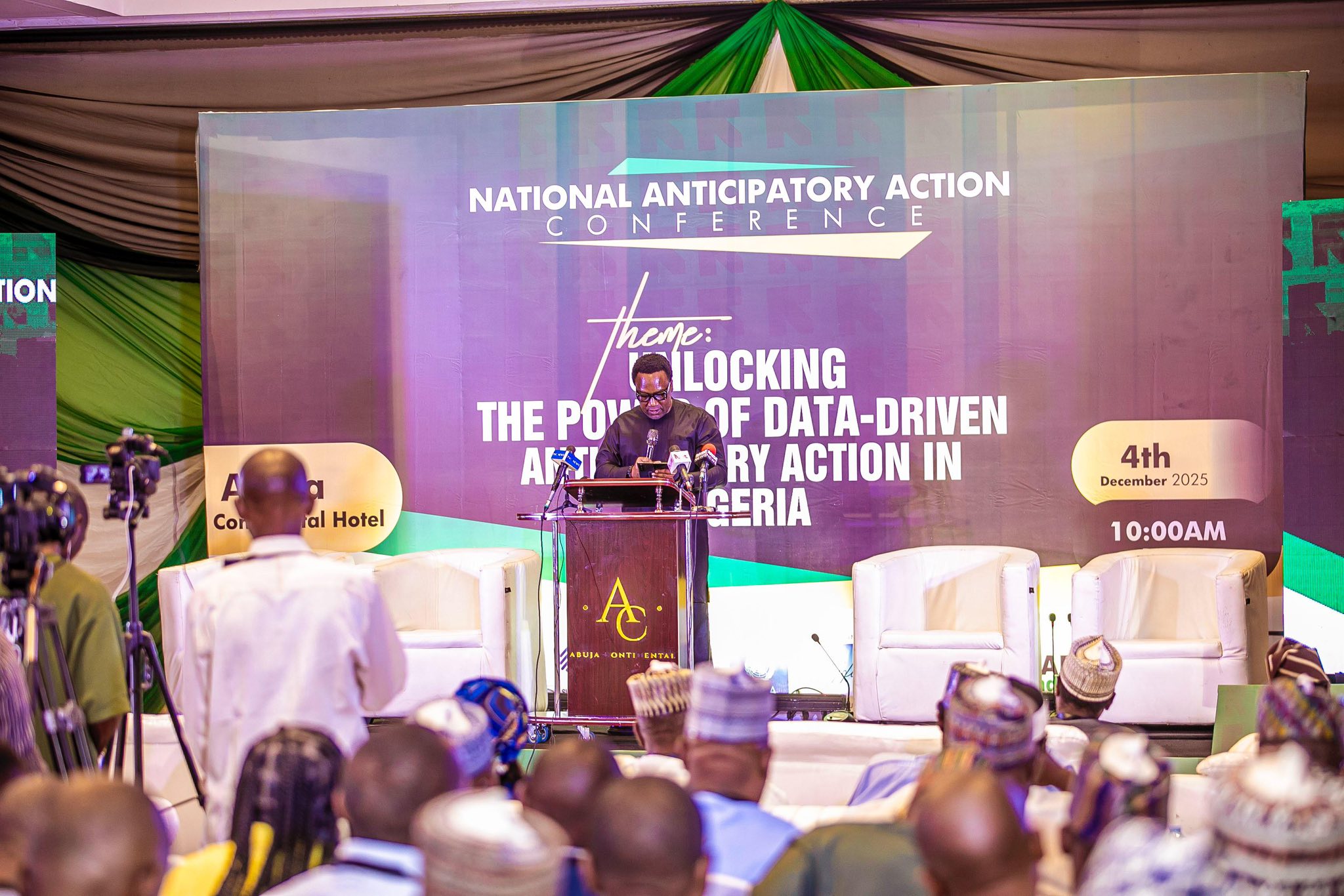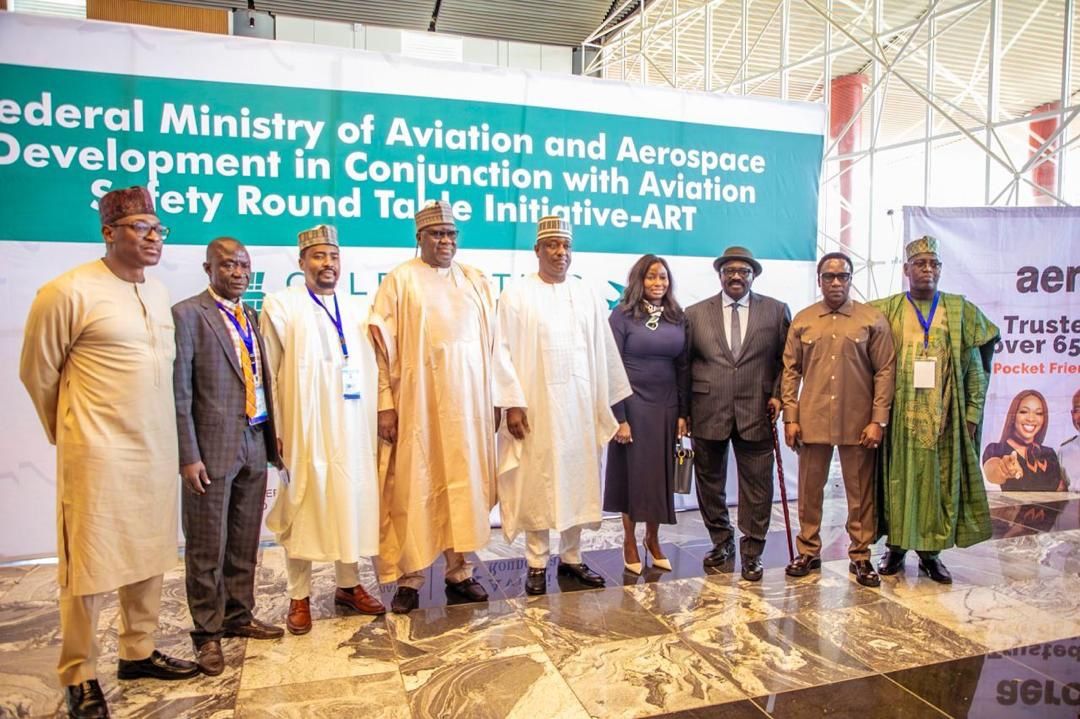The Nigerian Meteorological Agency, and the National Council on Climate Change (NCCC), have resolved to strengthen cooperation in promoting climate actions in Nigeria.
At a meeting held at the Abuja office of NCCC on Tuesday, 20th August 2024, between the Director General and Chief Executive Officer of NiMet, Professor Charles Anosike, and his NCCC counterpart, Dr. Nkiruka Maduekwe, both agencies resolved to strengthen cooperation in climate actions in Nigeria, and in other areas.
Speaking during the meeting, Professor Anosike said that it is in the best interest of the nation, and both agencies that they work closely together. “There are so many areas we can partner. The World Meteorological Organization (WMO) will be glad to see NiMet and NCCC working together. The data that NiMet has is the key support to climate change adaptation, mitigation, and education. NiMet is the custodian of over 100 years of climate and meteorological information. Without observing the atmosphere, gathering the data, and providing the country with weather and climate information, you can't monitor the climate. NiMet is currently working on several climate initiatives to which NCCC will be very relevant. These include the national rollout of the United Nations Early Warnings for All (EW4All) initiative, to develop a formal roadmap that will ensure warnings of all multi-hazard hydrometeorological events reach all vulnerable populations. We are also driving the National Framework for Climate Services (NFCS) and a domestication of the WMO Global Framework for Climate Services (GFCS)”.
Continuing, Professor Anosike said;
“Our annual seasonal climate prediction is a critical early warning tool for national climate action. We invite NCCC to join us as we disseminate across the nation going forward”.
While welcoming the DG/CEO of NiMet, Dr. Maduekwe remarked that the work NiMet and NCCC do is very crucial to climate change, not just in Nigeria, but the world. “Climate change refers to changing weather patterns and changing climate conditions. By understanding the changes in weather patterns, people started understanding that there is climate change. This is why NiMet is very critical to all the things we are doing as a country. One of the challenges we are having in agriculture is that farmers are not aware that rain patterns have changed. That's why NiMet is very critical. There is a lot of work to do, and we will all work together as we need all the stakeholders.”
Other areas of cooperation highlighted during the meeting include effective scientific contributions to all United Nations Framework Convention on Climate Change (UNFCCC), Intergovernmental Panel on Climate Change (IPCC), and Conference of Parties (COP) related activities, including the ongoing review and update of the nation’s Nationally Determined Contribution (NDC).
